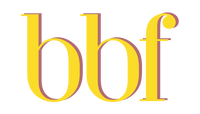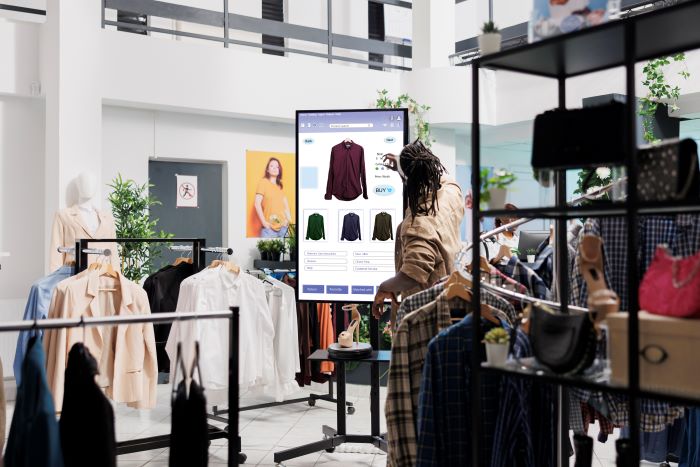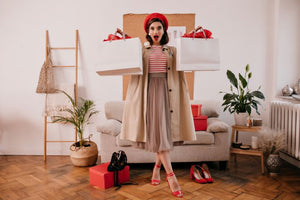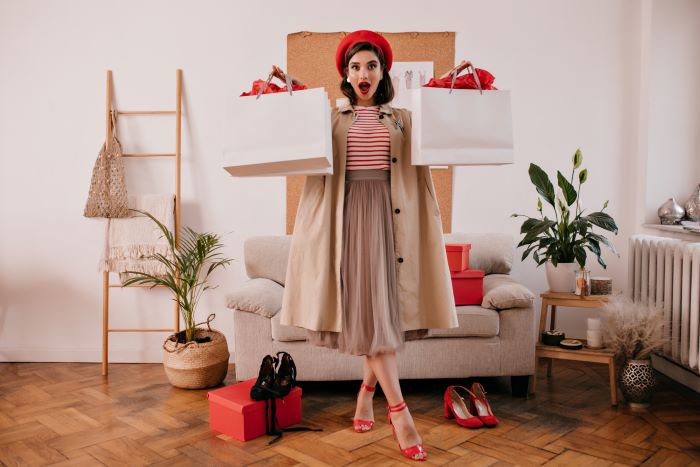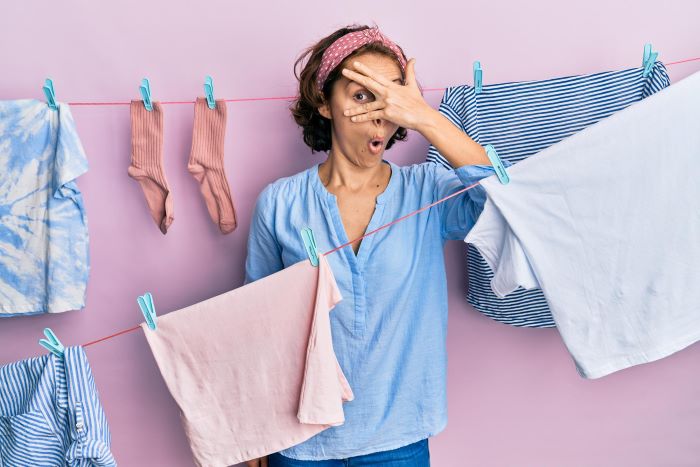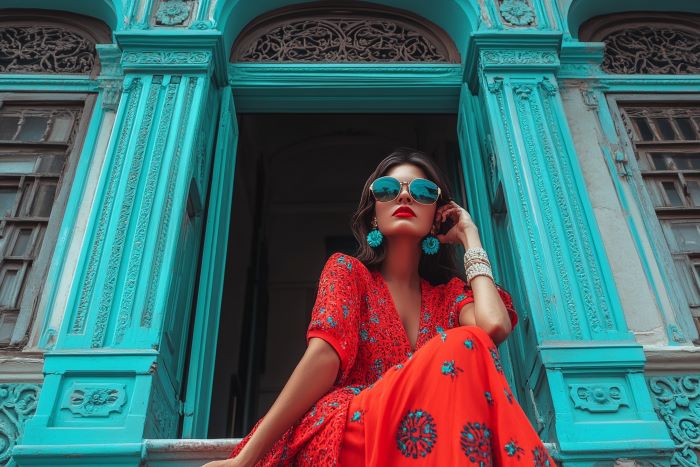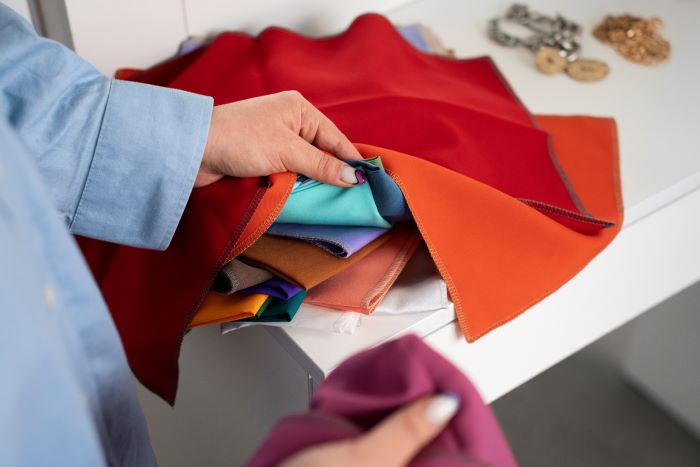Today, the world of fashion is witnessing remarkable changes that have managed to catch the attention of the audience, thanks to the evolving marketing concepts. Just like that, there have been increasing ideas to get the consumer's attention. The latest of the lot include the pop-up stores.
What do you mean by pop-up stores?
A pop-up store or pop-up stores can be defined as ‘temporary sale spaces that pop up at a geographic location and key market areas to bring about an understanding of consumer behaviour, the exclusivity of the products and services and brand awareness for people in a short period.’ It makes the shopping journey of consumers more flexible and enjoyable.
Among the new retail fashion trends 2025, the pop-up store in fashion is highly trending in the market sphere. In other words, pop-up stores are short-term sale spaces that are opened temporarily for a day or two before they wind it up. In today’s marketing era, these pop-up stores are trending as the online culture doesn’t manage to bring about the touch and feel of the products and services.
The retail fashion trends 2025 exhibit pop-ups as the reimagined role of physical stores. At some spaces, pop-up stores are put up to initiate interest of potential consumers. Having said that, pop-up stores are also used for seasonal items. For example, Halloween costumes and decorations, Christmas gifts or fireworks among others.
A pop-up store in fashion can be put up in key market areas for different reasons like marketing, testing products, verifying locations and obtaining consumer data for effective proceedings of future processes in the business.
Let’s discuss the points to know about a how pop-up store in fashion is transforming fashion retail experiences according to the convenience of the buyers:
-
A pop-up store in fashion is said to be a limited offer for the consumers. Thus, it ignites the sense of urgency to buy products or services which will not be available the next day or even in some hours.
-
Pop-up stores attract buyers with their unique retail shopping experience and exclusivity. Thus it also creates FOMO (Fear Of Missing Out) to generate traffic and sales.
-
Pop-up stores bring online shopping and in-store experience together. While the former offers convenience, the latter is able to give you the feeling of touching the products and getting to know how it feels in your hands before buying it., giving you a new and memorable experience.
-
A pop-up store in fashion enables the businesses to promote and sell their products without any long term commitments. It is also cost effective and budget friendly as compared to permanent stores that are heavy on investments, leases and infrastructure.
-
For fashion oriented buyers, a pop-up store feels like a live event rather than just any other shopping spree. Pop-up stores use social media as a strong influence by making the temporary store highly photogenic and Instagram worthy.
-
The pop-up stores also approach celebrities and influencers to grace the event, gaining more attention towards the store.This boosts the reach on social media and an impact beyond physical location.
-
Pop-up stores are also highly effective in gathering consumer data when it comes to their products and services. This helps the owners to analyse consumer behaviour and work over it accordingly.
-
In addition, the given feedback by the consumers also helps in taking informed future decisions about pricing, locations and product and services.
Conclusion
As per the discussed points, it is clear that pop-ups are not just a passing trend but a fashion phenomenon that will transform retail experiences for people. As a fashion brand, you don’t just sell the products and services, you create experiences for buyers for their first time.
This also increases the customer base with many turning into loyal customers, while others go through the process of conversion. Now, fashion retail is more than just a shopping store.
It is upgrading into something bigger, better and more personal for the buyers to feel the thrill of discovery, an exclusivity on products and services and the magic of something temporarily unique for themselves.
